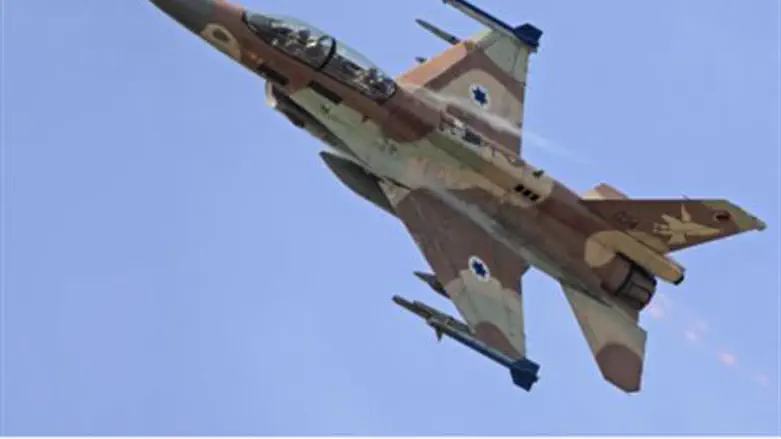
Confidential documents released Thursday revealed Israel's June 1981 attack on Iraq's Osirak reactor didn't just stun Saddam Hussein, but Israel's firmest friends - including the Americans.
Files released by Britain's National Archives under the 30-year rule show that the UK's ambassador to Washington, Sir Nicholas Henderson, was with US defense secretary Caspar Weinberger as the news came in.
"Weinberger says that he thinks Begin must have taken leave of his senses. He is much disturbed by the Israeli reaction and possible consequences," Sir Nicholas cabled London.
Britain's ambassador in Baghdad, Sir Stephen Egerton, disclosed that the Iraqis had been just as surprised when the Israeli F15 fighters appeared in their skies.
"The diplomatic corps had a ringside view of the belated ack-ack and missile reactions to the raid when we were gathered for the Italian national day reception on the Bund," he wrote.
"The raiders had gone but the fireworks were spectacular."
At the time world reaction to the operation - codenamed Operation Opera - was a mix of shock and dismay. But despite high-prase for the audacity of Israel's pilots, even Israel's traditional friends were furious.
US officials, pride wounded at having been caught unawares, joined the world in condemning Israel for an act that would later be hailed not only as effective deterrence - but a blessing for world security.
The US condemnation came after then-British Prime Minister Margaret Thatcher talked the Iraqis and their Arab allies down for pressing for sanctions against Israel - telling them the condemnation would not pass if they persisted.
The documents revealing the US surprise at Israel's Osirik raid comes as officials in Jerusalem and Washington haggle over what "triggers" will prompt a raid on Iran's nuclear sites.
Amid the debate some American officials are concerned history may repeat itself and that Israel may choose to go it alone.
US General Martin Dempsey, the chairman of the Joint Chiefs of Staff, acknowledged earlier this month that there are differences in perspective between the United States and Israel over the best way to handle Iran and its nuclear program.
Dempsey said the United States was convinced that using sanctions and diplomatic pressure was the right path to take on Iran, along with “the stated intent not to take any options off the table.”
He said, however, “I’m not sure the Israelis share our assessment of that. And because they don’t and because to them this is an existential threat, I think probably that it's fair to say that our expectations are different right now.”
The Israeli raid, by F15 and F16 jets, on Iraq's French-supplied nuclear facility, followed intelligence reports that the reactor was on the point of producing weapons-grade nuclear material - despite Iraqi protests that it was developing nuclear power for peaceful purposes.
"I will not be the man in whose time there will be a second Holocaust," Prime Minister Begin told his military chiefs.
US officials have to be wondering if Prime Minister Binyamin Netanyahu, who recently cast himself in Begin's mold, will make the same decision should Iran reach the same point as Iraq in 1981.
